Vision
Recent articles
Inner retina of birds powers sight sans oxygen
The energy-intensive neural tissue relies instead on anaerobic glucose metabolism provided by the pecten oculi, a structure unique to the avian eye.

Inner retina of birds powers sight sans oxygen
The energy-intensive neural tissue relies instead on anaerobic glucose metabolism provided by the pecten oculi, a structure unique to the avian eye.
How to collaborate with AI
To make the best use of LLMs in research, turn your scientific question into a set of concrete, checkable proposals, wire up an automatic scoring loop, and let the AI iterate.

How to collaborate with AI
To make the best use of LLMs in research, turn your scientific question into a set of concrete, checkable proposals, wire up an automatic scoring loop, and let the AI iterate.
Astrocytes stabilize circuits in adult mouse brain
The glial cells secrete a protein that suppresses plasticity post-development.
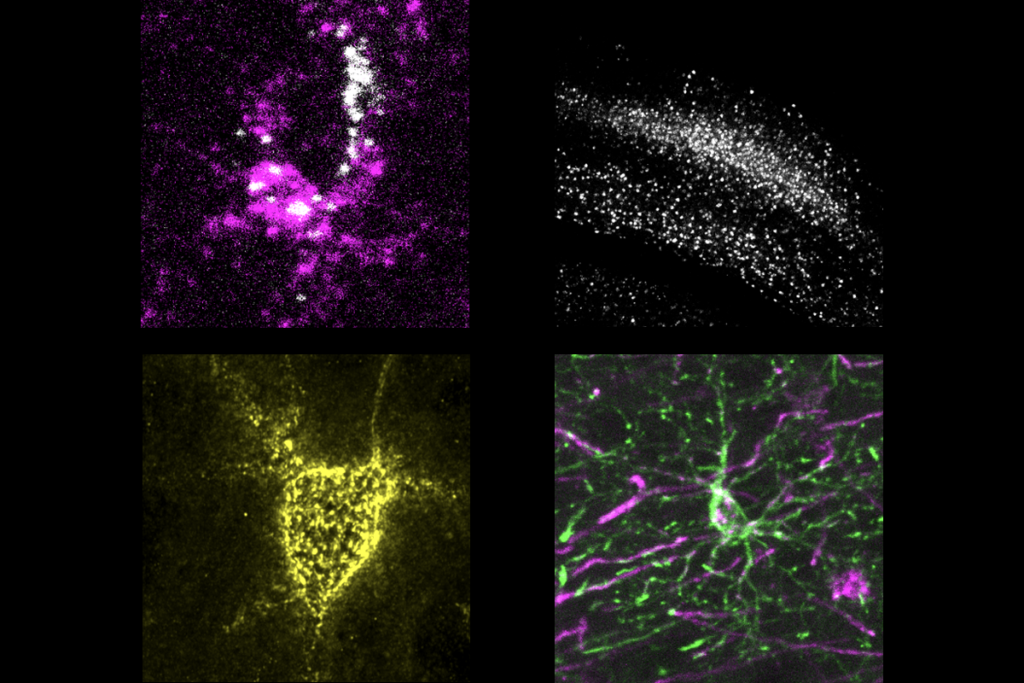
Astrocytes stabilize circuits in adult mouse brain
The glial cells secrete a protein that suppresses plasticity post-development.
Neuroscience’s leaders, legacies and rising stars of 2025
Here are seven stories from the past year about some of the field’s most engaging figures.

Neuroscience’s leaders, legacies and rising stars of 2025
Here are seven stories from the past year about some of the field’s most engaging figures.
Waves of calcium activity dictate eye structure in flies
Synchronized signals in non-neuronal retinal cells draw the tiny compartments of a fruit fly’s compound eye into alignment during pupal development.
Waves of calcium activity dictate eye structure in flies
Synchronized signals in non-neuronal retinal cells draw the tiny compartments of a fruit fly’s compound eye into alignment during pupal development.
Top neuroscience prize winners in 2025
The awards recognize lifetime achievements and new discoveries.
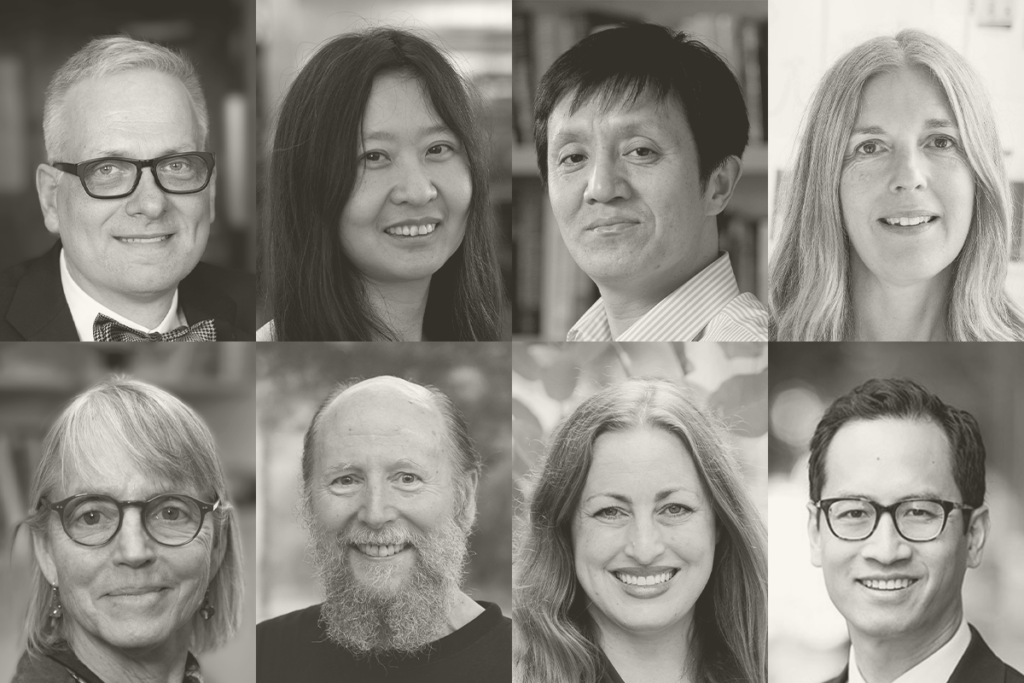
Top neuroscience prize winners in 2025
The awards recognize lifetime achievements and new discoveries.
The visual system’s lingering mystery: Connecting neural activity and perception
Figuring out how the brain uses information from visual neurons may require new tools. I asked 10 neuroscientists what experimental and conceptual methods they think we’re missing.

The visual system’s lingering mystery: Connecting neural activity and perception
Figuring out how the brain uses information from visual neurons may require new tools. I asked 10 neuroscientists what experimental and conceptual methods they think we’re missing.
Learning in living mice defies classic synaptic plasticity rule
Donald Hebb’s theory—memorably summarized as “cells that fire together, wire together”—does not explain the shifting hippocampal connections in mice learning to navigate a virtual environment, according to a new study.
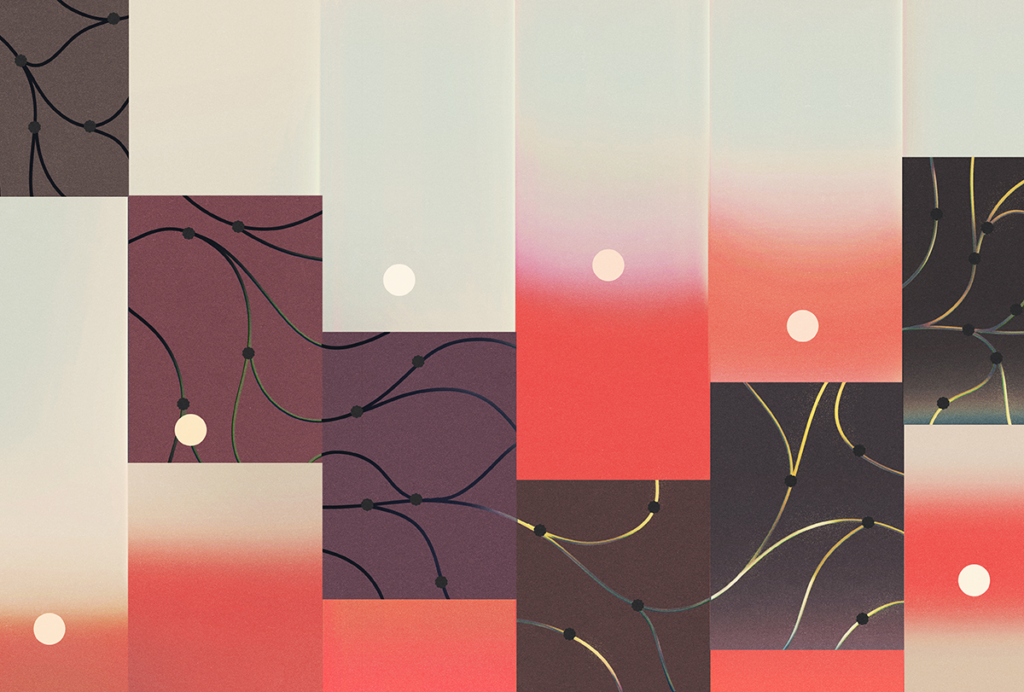
Learning in living mice defies classic synaptic plasticity rule
Donald Hebb’s theory—memorably summarized as “cells that fire together, wire together”—does not explain the shifting hippocampal connections in mice learning to navigate a virtual environment, according to a new study.
Cephalopods, vision’s next frontier
For decades, scientists have been teased by the strange but inaccessible cephalopod visual system. Now, thanks to a technological breakthrough from a lab in Oregon, data are finally coming straight from the octopus brain.
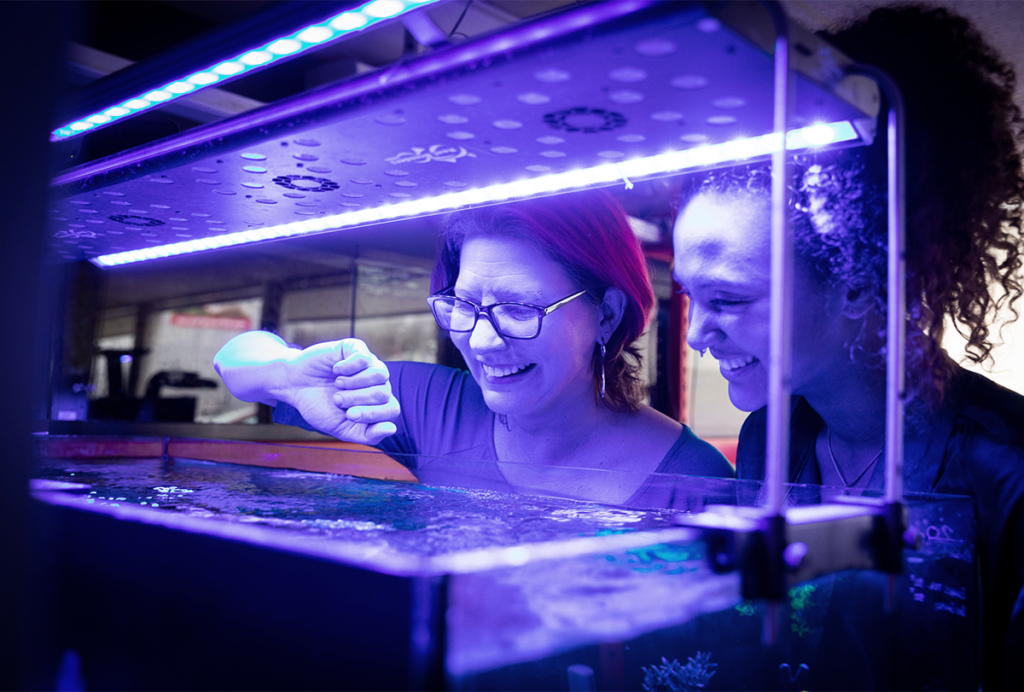
Cephalopods, vision’s next frontier
For decades, scientists have been teased by the strange but inaccessible cephalopod visual system. Now, thanks to a technological breakthrough from a lab in Oregon, data are finally coming straight from the octopus brain.
How tiny tardigrades could help tackle systems neuroscience questions
The eight-legged, millimeter-long animals reveal how small nervous systems produce complex behaviors and perceptual abilities, a preprint suggests.
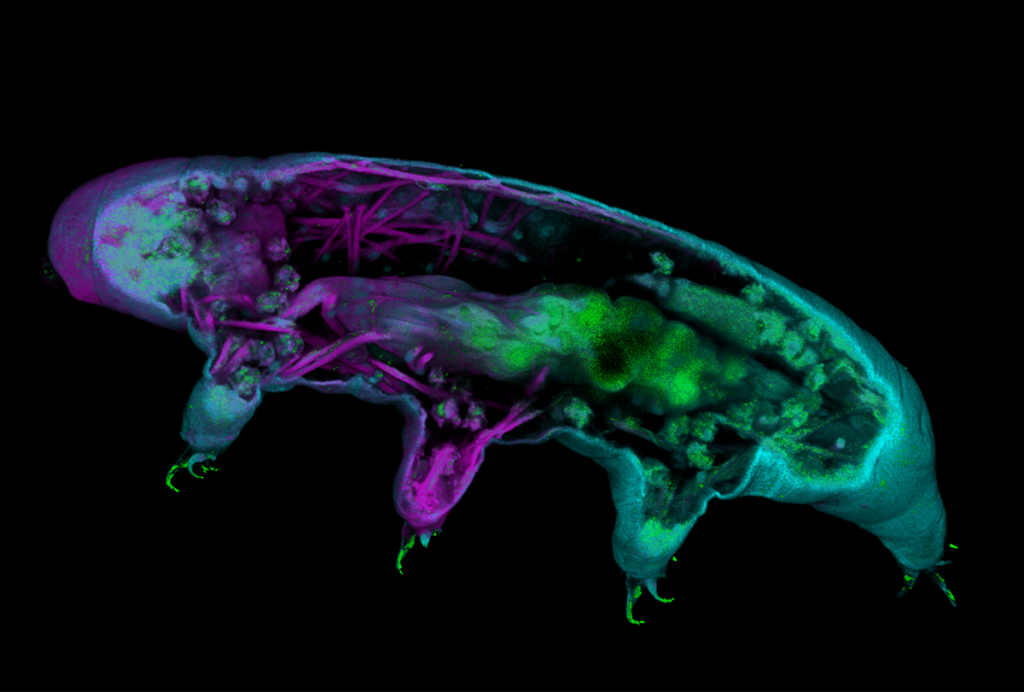
How tiny tardigrades could help tackle systems neuroscience questions
The eight-legged, millimeter-long animals reveal how small nervous systems produce complex behaviors and perceptual abilities, a preprint suggests.
Explore more from The Transmitter
Neuro’s ark: Spying on the secret sensory world of ticks
Carola Städele, a self-proclaimed “tick magnet,” studies the arachnids’ sensory neurobiology—in other words, how these tiny parasites zero in on their next meal.

Neuro’s ark: Spying on the secret sensory world of ticks
Carola Städele, a self-proclaimed “tick magnet,” studies the arachnids’ sensory neurobiology—in other words, how these tiny parasites zero in on their next meal.
Autism in old age, and more
Here is a roundup of autism-related news and research spotted around the web for the week of 2 March.

Autism in old age, and more
Here is a roundup of autism-related news and research spotted around the web for the week of 2 March.
Lack of reviewers threatens robustness of neuroscience literature
Simple math suggests that small groups of scientists can significantly bias peer review.

Lack of reviewers threatens robustness of neuroscience literature
Simple math suggests that small groups of scientists can significantly bias peer review.